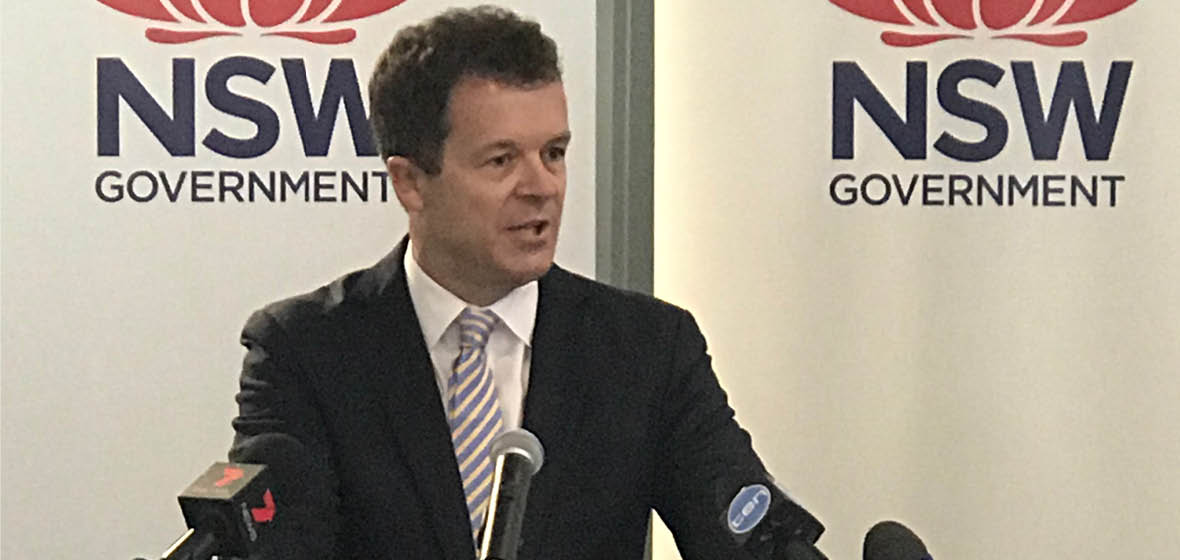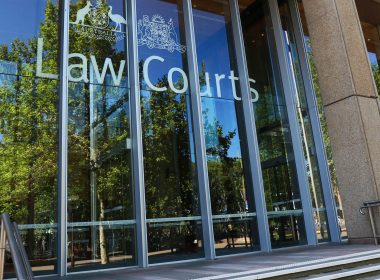Attorney-General Mark Speakman has committed to pushing forward with amendments to defamation law in NSW, despite other jurisdictions so far dragging their feet on the changes.
The Model Defamation Amendment Provisions 2020 passed state Parliament in August following a two-year review into the laws. The changes have not yet been proclaimed into law, as NSW waits on other states to pass the same model bill in their own parliaments.
South Australia is the only other jurisdiction to have considered the bill, introducing it to the state’s lower house on 24 September.
Implementing the changes in NSW alone risks upending Australia’s uniform model of defamation law that has existed across the country since 2006.
“The Council of Attorneys-General has agreed that the jurisdictions will start [the amendment process] as soon as possible. To avoid forum shopping, ideally we would all start at once,” Speakman told viewers of an online defamation panel discussion hosted by the Law Society of NSW as part of its Thought Leadership event series in August.
“A number of jurisdictions said they have busy legislative programs and they don’t know when they can fit this in. I have difficulty understanding that because … all they need to do is copy and paste [the amendments] into their bills.”
University of Sydney law professor and author of two textbooks on defamation David Rolph told LSJ uniformity was a “hard-won goal” that should continue to the extent possible.
“The whole point of uniform legislation is that Australian defamation law has been uniform – right through since the first of January 2006. Before that, we had substantively different defamation laws. It meant the same publication disseminated across different jurisdictions could lead to different outcomes. We need uniformity.”
A second round of reforms looking at the liability of owners of social media pages for comments, among other issues, will be conducted over the next two years. The Attorney-General said a discussion paper would be released at the end of 2020.




